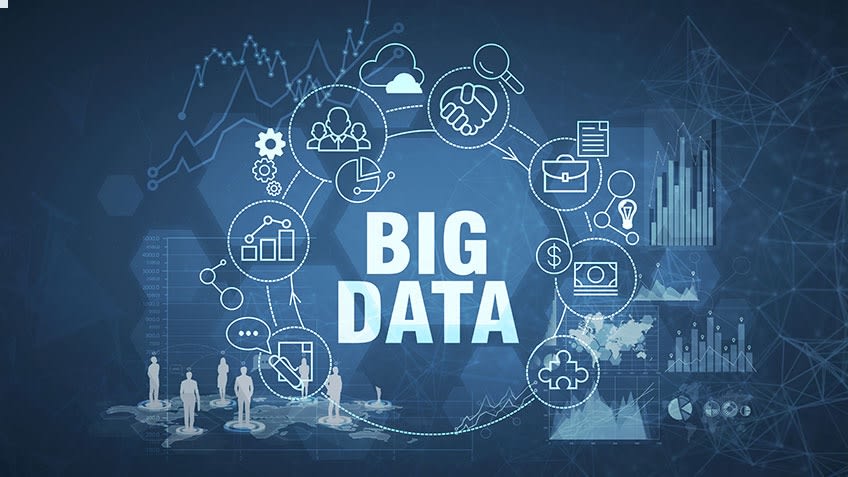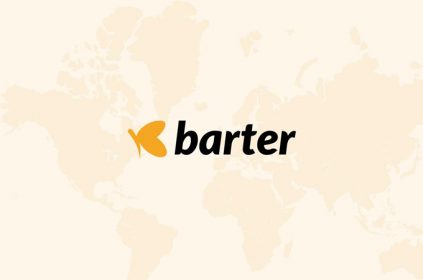If data is king, then big data is big king, says Nedu, a passionate lover of data. In a country where insecurity is the order of the day, we need to use technology to our advantage.
Our future depends on it.
Insecurity has been an issue since the days of the former Nigeria President, Musa Ya’Ardua.
ALSO READ: NITDA Introduces A Complaint Book Over Data Protection
READ ALSO: Hackers Force 44% Of Nigerian Companies To Pay Ransom – Report
Since then, different presidents have mounted the seat of power and promised to curb the issue but to no avail.
They are what P.O.C Umeh’s poem, Ambassador of Poverty, narrates.
“Ambassadors of poverty are the dubious sit-tight patriots. All they are after is “the b box. They are barons of incompetence with kleptomaniac fingers and suckling filaments.”
The Director-General, National Information Technology Development (NITDA), Kashifu Inuwa Abdullahi, spoke on the issue.
He said understanding the needs of citizens is a strong element in building a digital economy.
This is why embracing data exploration will help improve the economy and fight against corruption.
More importantly, it will also avail the security agencies of smarter ways to curb insecurity.
The DG referred to The Economist publication on 6th May 2017, said that ‘The world’s most valuable resource is no longer oil, but data.’
“Since then, the topic has generated a buzz phrase, “Data is the new oil,” and a great deal of discussion about big data. The problem is that the discussion usually focuses on why this is a bad thing.
Sure, there are legitimate concerns about how tech giants are exploiting what they know about us. But at the same time, there are thousands of ways this data can improve our economy,” Abdullahi said.
Data is now seen as an important part of the human race
Just as a farmer cannot do without his tools on the farm, so is data important to our everyday life.
It keeps us updated on the possibility of things happening and how we can avoid them.
Many iPhone users receive weekly reports on their phones about their daily activities.
Speaking further, the Director-General explained what big-data is being used for.
“As we embarked on our journey to digital Nigeria, we need to lay a strong foundation for its corresponding economy, the digital economy. On the one hand, the physical world, as you know it today, is driven by physical natural resources, foremost among which is oil. However, data is the primary resource that drives the digital economy.”
Surprisingly, developed countries are already using big-data for:
- Monetary and fiscal policy formulation;
- Anti-money laundering
- Crime prediction and prevention (also called digital policing)
- Immigration control
- National defence/security management
- National planning and budgeting
- Disaster prevention and management
To build a digital Nigeria with a strong digital economy, the Director-General said,
“We need to meet two criteria. First, we need to understand the digital needs and peculiarities of our citizens and develop a policy and strategy. Our Ministry has achieved this under the leadership of Dr. Isa Ali Ibrahim Pantami, the Minister of Communications and Digital Economy. Secondly, we need a solid strategy for exploring and managing vital resources that drive digital nations and economies, which is data.”
According to him, the essence of the data summit was to help stakeholders and the country meet the second criteria for building a successful digital economy and nation.
About NITDA
The National Information Technology Development Agency (NITDA) is a public service institution that was established by the NITDA Act of 2007.
It is the ICT policy-implementing arm of the Federal Ministry of Communication of Nigeria.



















 and then
and then